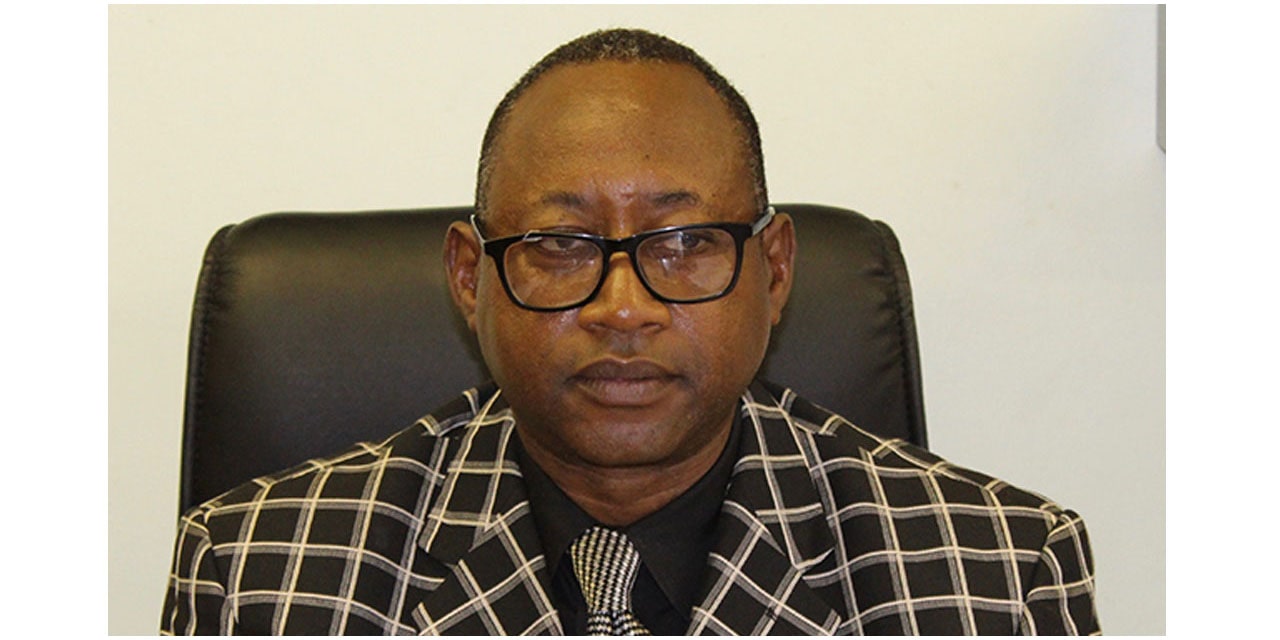Staff Writer
Namibia was represented at the Fifth Conference on the Elimination of Child Labour that ended today in Durban, South Africa by the Deputy Minister of Labour, Hafeni Ndemula.
This is the first such conference to be held in Africa. The Namibian delegation contributed to the conference deliberations for urgent action to combat the rising numbers of child labour on the African continent and the world at large.
In a statement issued today in relation to the conference, the Ministry of Labour says that Namibia has recorded a total of 10 child labour cases between 2015 and 2021, four in Kavango West, three in Kavango East and one each in the Kunene, Omusati and Ohangwena regions.
The ministry says poverty, cultural beliefs and cheap or forced labour are the contributing factors to child labour.
‘’There are a few cases of child labour and child trafficking from neighbouring countries namely Angola, Zambia and Zimbabwe, with the purpose to work due to the prevailing economic situation in the world thus forcing children to leave their families in order to look for employment for their and the survival of their families. A common place also exists whereby some parents place their children in the care of distant relatives for education opportunities and in some cases these children are subjected to child labour under cohesive circumstances,’’ the ministry says in a statement.
Apart from ratifying several International Labour Organisation Conventions on minimum wage, worst forms of children labour and UN Convention on the Rights of the Child Optional Protocol on Sale of Children, Child Prostitution among others, Namibia is committed towards the prohibition and the elimination of child labour, the ministry says.
Namibia, the ministry adds will develop a National Action Plan to End Child Labour and will solicit inputs from its stakeholders and social partners to ensure the realisation, implementation and monitoring of the Plan.
At the Durban conference, children were included and given a voice at the gathering.
The Deputy Minister of Employment and Labour in South Africa said that it is ‘’fitting that the first global conference be held in Africa, with children’s voices, opinions, and talents. It is critical that this is done at all conferences where children are involved in the future so that they can be heard”,
Children began the session with an original play that acted out a real-life situation that many children face today. Children during the panel discussion mentioned that poverty was a root cause of child labour.
Various children from around the world shared their stories; some were forced to work as children due to poverty and their parents’ unemployment. Others were born into labouring families. Amar Lal, a child labour survivor, expressed gratitude for being able to study thanks to a bursary. He is now a lawyer, fighting for other children who were once in his shoes.
According to figures provided at the conference 70 percent of children involved in child labour are from the agricultural sector, adding that four million children were drawn into child labour over the period 2016-2020. ‘’The socio-economic consequences of Covid-19 on food security and agriculture livelihoods have pushed additional children into child labour in agriculture,’’ a conference report indicates.
Child labour is partly driven by specific vulnerabilities such as poverty, risk and shocks and without proper access to finance, health services and social protection, children are more likely to become involved in work and less likely to get an education, the conference says.
Panellists discuss structural factors that weaken supply chains and make them vulnerable to child labour. The panel clarified some of the complexities around children labour in supply chains, including the shared responsibilities and the need for more coherent efforts and collective action among a range of stakeholders.




